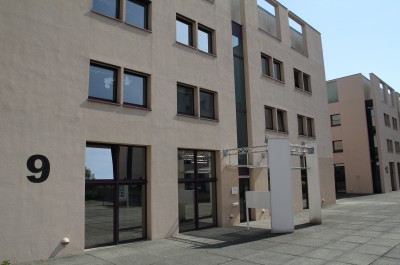Impact on the criminal process and those involved in the process
| Project period |
01.06.2019 – 31.05.2022
| Project staff |
Dipl.-Psych. Bettina Zietlow (Project Manager)
Laura Treskow, Sozialwissenschaftlerin, M.A.
Leonie Neuendorf, B.Sc. (Assistant)
Pia Carolin Tappe, B.Sc. (Assistant)
Yevgeniy Martynovych (Assistant)
| Funding |
Fritz Thyssen Stiftung
| Cooperations |
Lower Saxony Ministry of Justice
| Project description |
Investigations and criminal processes are connected with various and sometimes intense psychological burdens for the victims. Against this background, the Act to Strengthen Victims’ Rights in Criminal Processes (3rd Victims’ Rights Reform Act), which came into effect on the 01.01.2017, introduced psychosocial trial support nationwide. Although experts have argued for more than ten years that victims’ rights laws should be evaluated based on scientific studies, such evaluations have not been carried yet. An evaluation of such laws and measures is needed not only to assess their effectiveness for the victims, but also because they have provoked discussions concerning a curtailment of the defendants’ rights.
The aim of the present research project is to investigate the effects of psychosocial trial support on the criminal process and the parties involved in it. In Lower Saxony, psychosocial trial support was already introduced in 2013 and quality standards were developed. Since the implementation phase in Lower Saxony has already been completed, the evaluation can draw on the several years of comprehensive experience of the process parties with psychosocial trial support.
Within the framework of the evaluation, a cross-sectional and longitudinal research design as well as various survey methods will be used. Part of the project is, among other things, a survey of the victims at the beginning and at the end of their contact with the psychosocial trial facilitator. In doing so, it can be assessed which expectations the affected persons have in advance and how they experience the support and the criminal process as a whole. In addition, the psychosocial trial facilitators are interviewed about various aspects of their work, further training, and possibilities for improvement. In order to examine the impact on the criminal process and the parties involved in these as closely as possible, interviews are conducted with judges, joint plaintiffs, public prosecutors, defense lawyers, defendants, and police officers. Furthermore, we are planning to analyze criminal case files, to attend a number of main trials, and to interview various groups of parties involved in the criminal process.

